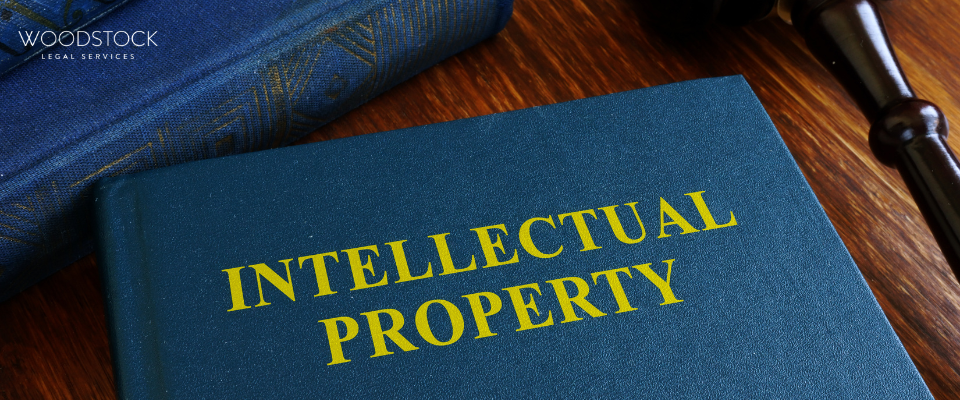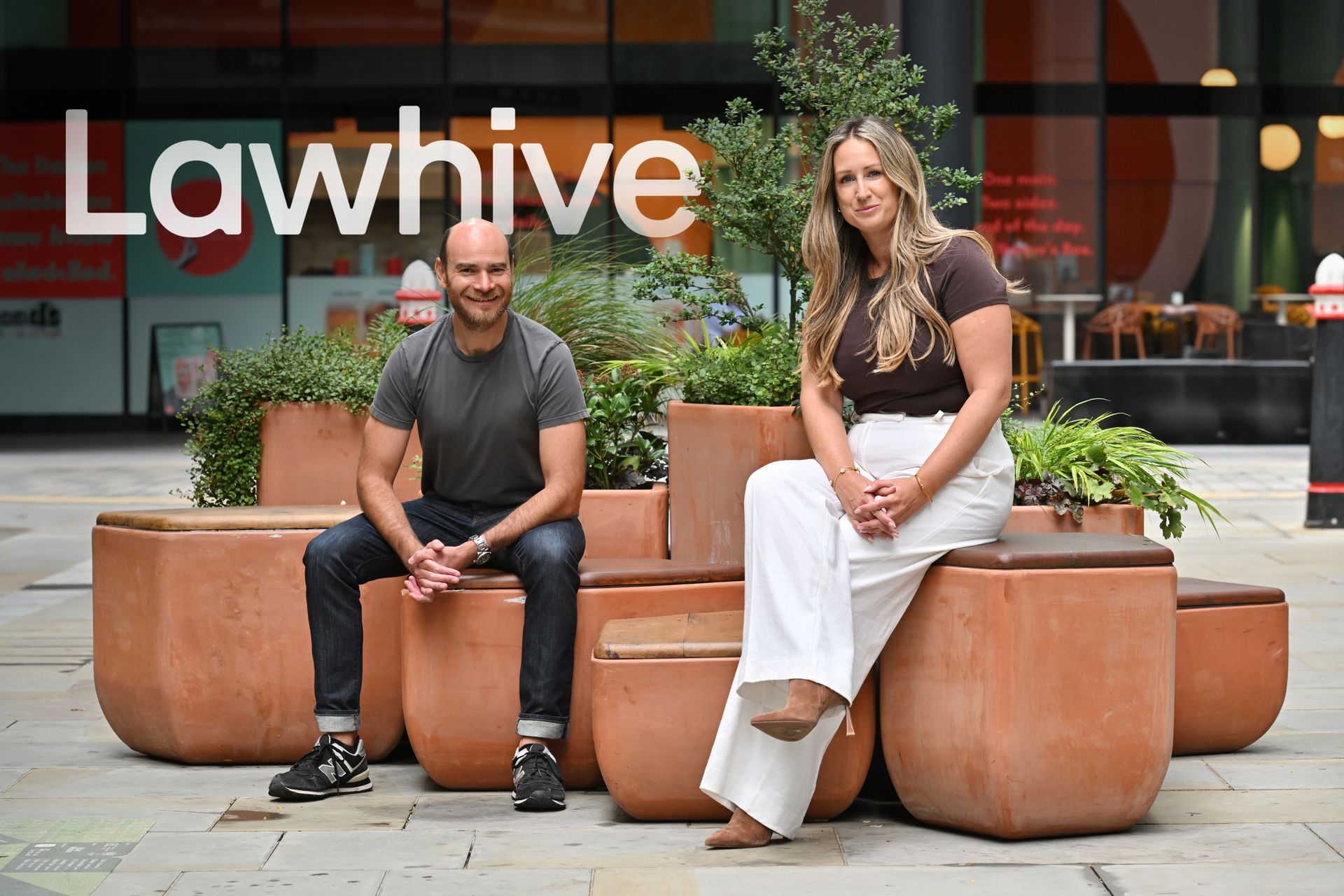Thinking About Gifting Your Property to Your Children? Here’s What You Should Know

Making plans for your property is an important part of looking after your family’s future. Many parents consider gifting their home or a share of it to their children, whether for practical reasons or as part of estate planning. It’s a generous gesture, but there are a few things to think about before making the decision.
Recently, we had two conversations about this very topic. Both were quite different, but they showed just how much a little legal advice can help in making the best choice.
Why Do You Want to Gift Your Property?
Everyone has their own reasons for wanting to transfer property to their children, and these reasons can shape the best approach.
In one case, a retired gentleman wanted to gift his property to avoid inheritance tax. However, after looking at his circumstances, it turned out his estate wouldn’t have been subject to inheritance tax anyway. He also hadn’t realised that if he continued living in the property without paying rent to his children, the “gift with reservation of benefit” rules would still apply, and the home would remain part of his estate for inheritance tax purposes.
In another case, a mother wanted to gift a share of her home to her daughter, who was moving in with her. She was aware of the rules, like the seven-year rule and the capital gains tax exemption for principal residences. But her situation had an added layer – her daughter was leaving a difficult marriage and planning to start divorce proceedings.
While it’s unlikely that the gifted share of the property would be considered a marital asset, transferring it before the divorce was officially underway could have introduced complications. After discussing the options, she decided to wait for the right moment to make sure her daughter was protected.
Things to Think About When Gifting Property
Gift with Reservation of Benefit (GROB)
If you gift a property but continue to live in it without paying market rent, it could still be treated as part of your estate for inheritance tax purposes. It’s worth understanding how this could affect your plans.
The Seven-Year Rule
Gifts made during your lifetime are potentially exempt from inheritance tax if you live for seven years after making them. However, if you pass away within those seven years, the gift could be subject to tax, depending on how much time has passed since it was made.
Capital Gains Tax (CGT)
If the property you’re gifting is your main home, it’s usually exempt from capital gains tax. However, if it’s a second property or a rental property, CGT may apply, and it’s calculated based on the property’s value at the time of the gift.
When Family Circumstances Add a Personal Layer
Gifting property often involves more than just tax or financial considerations. Family dynamics can play a big part in the decision.
In the case of the mother and daughter, understanding the emotional and legal context of their situation was vital. The mother’s desire to help her daughter was clear, but timing was everything to make sure the gift didn’t create unintended issues during divorce proceedings.
This is why it’s so important to share the full picture with your legal advisor. Every family’s circumstances are different, and careful planning can help ensure the best outcome for everyone involved.
Taking the Next Steps
Gifting property is a generous act, but it’s not something to rush into. There are rules and potential pitfalls to consider, and getting the right advice can make a big difference. Whether you’re thinking about inheritance tax, capital gains, or how a change in ownership might affect your family, having a clear plan in place is always a good idea.
Specialist Advice from Woodstock Legal Services
At Woodstock Legal Services, our team can help with property gifting, inheritance tax planning, and wills and probate matters. We take the time to understand your goals and provide advice that works for you and your family.
For personalised advice, contact Becci Newton, Solicitor, by emailing b.newton@woodstocklegalservices.co.uk or completing the form below.
Contact Us
News & Insights











